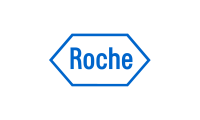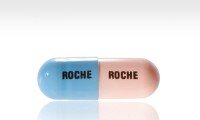-
Roche’s faricimab hits primary endpoint in wet AMD studies
- Source: drugdu
- 523
- January 31, 2021
-
Genentech Lawsuit against Eli Lilly’s Antipsoriasis Drug TALZ
- Source: FiercePharma
- 1,293
- July 9, 2018
-
FDA Anounces Restricted use of Keytruda & Tecentriq Against Bladder Cancer
- Source: FiercePharma
- 1,017
- June 26, 2018
-
Lodo Therapeutics Corporation Forms Multi-Target Strategic Collaboration with Genentech
- Source: pharmalive
- 926
- May 11, 2018
-
First-line use of Roche’s Tecentriq given priority review
- Source: pharmatimes
- 885
- May 9, 2018
-
Flatiron Health, acquired By Roche, Signs Three-Year Deal with Bristol-Myers
- Source: drugdu
- 1,097
- May 4, 2018
-
Robust start to 2018 for Roche, as group sales grow by 6%
- Source: drugdu
- 1,016
- May 4, 2018
-
Cipla Partners With Roche Pharma India To Create Greater Access To Key Medicines
- Source: Cipla
- 1,058
- March 1, 2018
-
Breakthrough status for Roche’s autism drug
- Source: pharmatimes
- 885
- February 5, 2018
your submission has already been received.
OK
Subscribe
Please enter a valid Email address!
Submit
The most relevant industry news & insight will be sent to you every two weeks.













